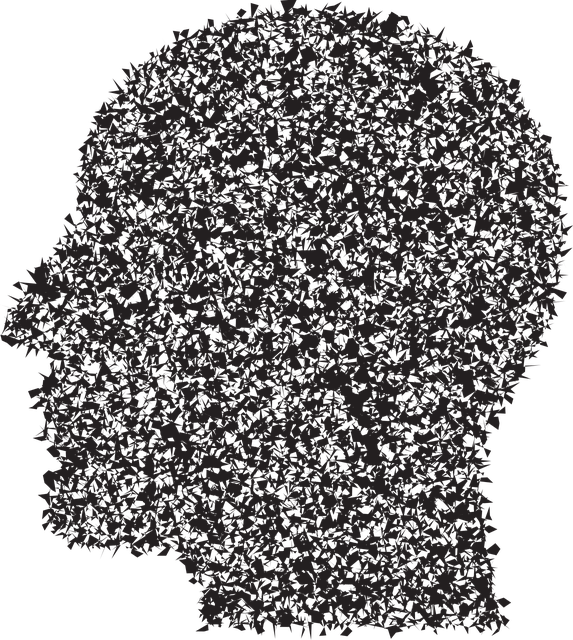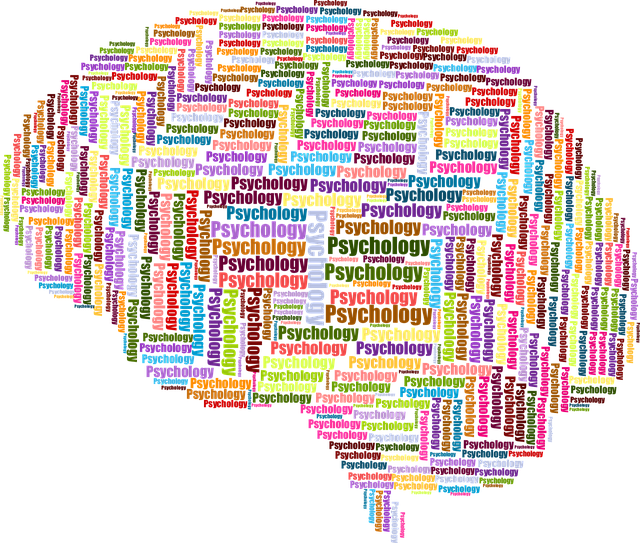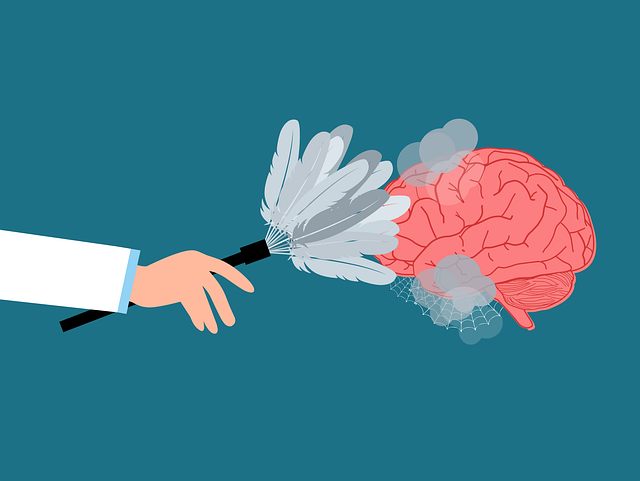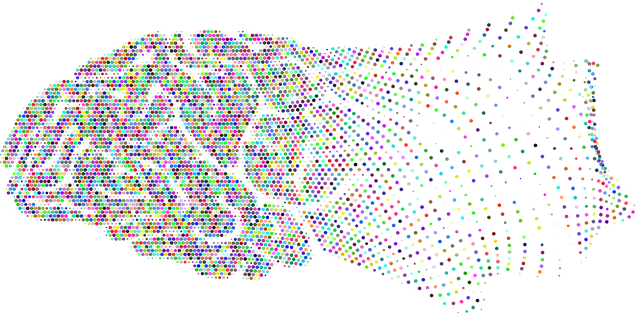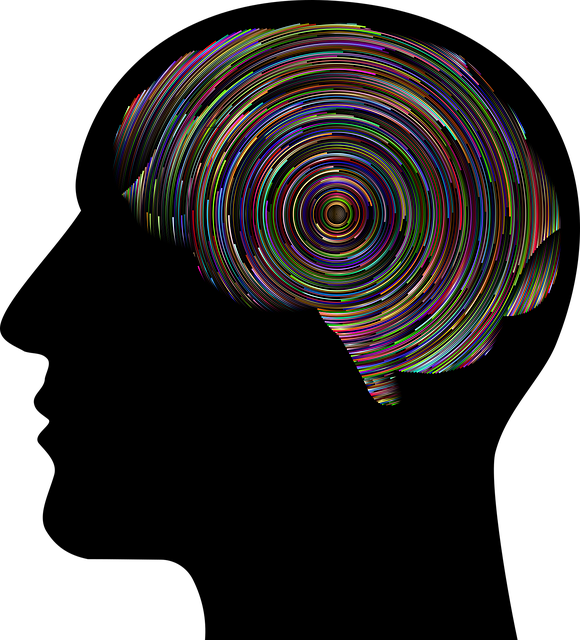Children with Attention Deficit Disorder (ADD) or Attention-Deficit/Hyperactivity Disorder (ADHD) face significant challenges in focus, impulse control, and hyperactivity. Early identification through thorough evaluations by qualified professionals is crucial. Specialized therapy sessions tailored for young children can provide vital support, fostering empathy and self-regulation skills while addressing underlying traumas. Public awareness campaigns about ADD and ADHD are instrumental in early intervention, encouraging timely evaluations for successful therapy. These campaigns must be age-tailored, incorporating interactive elements to engage younger minds effectively. Evaluations using both quantitative and qualitative data track campaign effectiveness and inform ongoing improvements, ensuring responsive support for children and their caregivers.
Public awareness campaigns play a pivotal role in shaping societal understanding of developmental challenges like ADD-ADHD, particularly in young children. This article explores the multifaceted impact of such initiatives, focusing on early intervention strategies and tailored campaign designs for different age groups. We delve into interactive approaches to engage young minds while emphasizing the critical aspect of evaluations in therapy for young children with ADD-ADHD, enabling continuous improvement based on measurable outcomes.
- Understanding ADD-ADHD: Unveiling the Impact on Young Children
- The Role of Public Awareness in Early Intervention
- Designing Effective Campaign Strategies for Different Age Groups
- Incorporating Interactive Elements for Engaging Young Minds
- Measuring Success: Evaluations and Continuous Improvement
Understanding ADD-ADHD: Unveiling the Impact on Young Children

Many people are unaware of the challenges faced by young children with Attention Deficit Disorder (ADD) or Attention-Deficit/Hyperactivity Disorder (ADHD). These conditions significantly impact a child’s ability to focus, control impulses, and manage hyperactivity, often leading to difficulties in various aspects of their lives. Early identification is crucial; thorough evaluations by qualified professionals play a vital role in this process. Through comprehensive therapy sessions tailored for young children, specialized therapists can provide much-needed support.
Understanding ADD-ADHD involves recognizing its impact on mental wellness and social interactions. Compassion cultivation practices have proven effective in fostering empathy and self-regulation skills in these children. Additionally, trauma support services are essential, as many individuals with ADD-ADHD may have experienced underlying traumas that contribute to their symptoms. By addressing these needs, we can ensure these young minds receive the necessary tools to thrive and reach their full potential.
The Role of Public Awareness in Early Intervention

Public awareness plays a pivotal role in early intervention for therapy involving young children with Attention Deficit Disorder (ADD) or Attention-Deficit/Hyperactivity Disorder (ADHD). By increasing understanding and reducing stigma, awareness campaigns encourage parents to seek evaluations earlier. Early identification is crucial as it enables timely interventions that can significantly impact a child’s future. Through these campaigns, the public learns about the various symptoms, misdiagnosis risks, and available support systems for ADD-ADHD, fostering a proactive approach towards mental health.
This proactive mindset not only facilitates access to necessary therapy but also promotes inner strength development in children. Furthermore, awareness initiatives emphasizing cultural sensitivity in mental healthcare practice can improve self-esteem improvement among diverse populations. By addressing the unique challenges within different communities, these campaigns ensure that therapy and evaluations are inclusive and tailored to individual needs, fostering a more supportive environment for all young minds.
Designing Effective Campaign Strategies for Different Age Groups

When designing public awareness campaigns, tailoring strategies to different age groups is crucial for effective communication. For younger audiences, such as children with Attention-Deficit/Hyperactivity Disorder (ADHD), engaging visual aids and interactive activities can enhance the delivery of messages related to mental health. Incorporating elements like storytelling, games, and creative arts allows for a more accessible approach to complex topics like self-care practices and stress management. Campaigns designed for this demographic often require a softer, more nurturing tone, focusing on the benefits of therapy and evaluations as tools for personal growth and development.
In contrast, campaigns aimed at adolescents and young adults might benefit from social media platforms and influencer collaborations to address emerging mental health concerns. This age group may be more receptive to peer-to-peer sharing and can gain valuable insights from real-life experiences shared through Mental Wellness Podcast Series Production or online Stress Management Workshops Organization. By employing these tailored strategies, awareness campaigns can effectively reach and resonate with different age groups, fostering a broader understanding of mental wellness and encouraging help-seeking behaviors.
Incorporating Interactive Elements for Engaging Young Minds

Incorporating interactive elements into public awareness campaigns is a powerful strategy to engage young minds and foster emotional well-being promotion techniques. Therapy for young children with ADD-ADHD evaluations often highlights the importance of early intervention, making interactive content a valuable tool. By integrating games, quizzes, or hands-on activities, these campaigns can effectively convey important messages about mental health while encouraging self-awareness exercises. Such approaches cater to the natural curiosity of children and make learning about stress reduction methods more enjoyable and memorable.
Interactive elements allow for a dynamic exchange where young participants actively contribute, fostering a sense of ownership over their emotional well-being. This active involvement can transform public awareness campaigns into engaging experiences that resonate with younger audiences, potentially leading to positive behavioral changes and improved mental health outcomes in the long term.
Measuring Success: Evaluations and Continuous Improvement

Evaluations play a pivotal role in the success of public awareness campaigns aimed at conditions like ADD-ADHD in children. Measuring the impact of these initiatives requires a multifaceted approach, incorporating quantitative and qualitative data. By tracking key metrics such as campaign reach, engagement rates, and changes in public understanding, organizations can gauge the effectiveness of their efforts. Qualitative evaluations, including feedback from stakeholders and case studies, offer deeper insights into how awareness is translating into positive actions and support for affected children.
Continuous improvement is a cornerstone of successful public health initiatives. Incorporating Compassion Cultivation Practices and Trauma Support Services within the campaign framework can enhance its therapeutic impact, fostering better emotional regulation among both children and caregivers. Regular reassessments, informed by these evaluations, enable advocates to adapt strategies, ensuring that the campaign remains responsive to evolving needs and scientific advancements in ADD-ADHD therapy for young children.
Public awareness campaigns play a pivotal role in early intervention for young children with ADD-ADHD, fostering understanding and enabling appropriate therapy. By tailoring strategies to different age groups, incorporating interactive elements, and continually measuring success through evaluations, these campaigns can significantly enhance the lives of affected children. As we navigate the landscape of childhood development, it’s crucial to remember that public awareness is a powerful tool in identifying and addressing ADD-ADHD early on, paving the way for effective therapy and improved outcomes.
